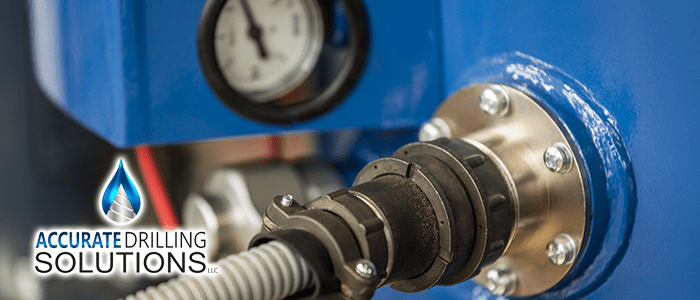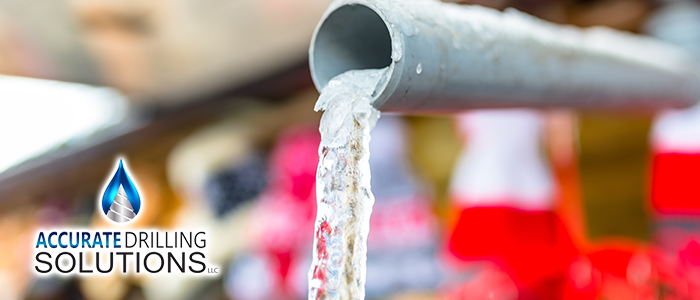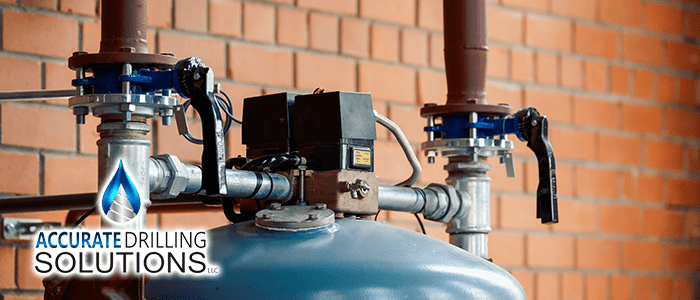
As a way to help our customers, we put together a well owner guide. Some people own wells as it is their only access to drinkable water. On the other hand, some wells are for irrigation purposes. On the other other hand, some people own wells to use in conjunction with municipal water. This helps them save money or acts as a backup water source. Below is a well owner guide on what to follow and to avoid to ensure the proper use and enjoyment from your well.
Well Owner Guide “Don’t”s
Don’t Plant a Garden Around the Well
Many people will try to hide the well cap by planting a garden, trees, or bushes around the well. The concern here is that the roots from the plants can interfere with the structure of the well.
Don’t Try to Hide Your Well Cap
Many well owners consider the well cap of their wells as an aesthetic blot on their landscape. As a result, they will try to bury the well cap into the ground. This makes the well more susceptible to contamination from debris due to the landscape which might break through the well cap. Additionally, this can cause a backflow problem further leading to contamination of the well.
Don’t Store Chemicals Near Your Well
If you store chemicals near your well, the chemicals may leak and degrade your well’s infrastructure. This will not only contaminate your water supply but may also contaminate the water source that your well is pulling from and have long-term environmental impacts. This can make you both civilly and criminally liable.
Don’t Make Alterations to Your Well Without a Licensed Driller
Many well owners will make what they consider to be minor alterations to the well for aesthetic purposes. This should be avoided at all costs as wells are built to specifications and must meet a minimum standard under the law. Any alteration not done by a licensed driller can severely compromise the well system and leave you open for both civil and criminal liability.
Here Are The “Do”s
Do Get Regular Water Testing
You should schedule regular water testing, at least twice a year, to ensure there is no harmful contamination. Additionally, if you notice a change of appearance, taste, and/or smell of your water, you should also get your water tested.
Do Regular Inspections
By regularly inspecting your well for damages can prevent well contamination before it occurs.
Do Hire an Experience Well Driller
Many people will try and save money by hiring unlicensed contractors to repair or maintain their well system. This is not only illegal but often costs you more money in the long-run. Only a licensed well contractor has insurance and guarantees their work.
Do Ensure the Ground Slopes Away From the Well
By ensuring the ground slopes away from the well you are preventing the potential for backflow into the well thus potentially causing contamination.
Do Ensure the Well Cap is Properly Fitted
The well cap prevents debris, animals, and bacteria from entering into the well, along with ensuring pets and humans do not get injured by falling into the well. By ensuring you have a fitted well cap and making sure it is not damaged, you are preventing contamination and avoiding any potential liability.
Do Decommission Abandoned Wells
It is not enough to abandon a well. A well that is no longer in use and is not regularly maintained will decompose. This will eventually lead to contamination of the water source thus having long-term environmental impacts. This might lead to expensive civil liabilities along with costly remediation efforts.
continue reading
Related Posts
Lakeland Commercial Pump Systems: Installation & Maintenance Tips Commercial pump
Tampa Well Water Quality: Your Complete 2025 Guide Well water
Addressing Water Pressure Issues in Wells: Expert Solutions Water pressure





